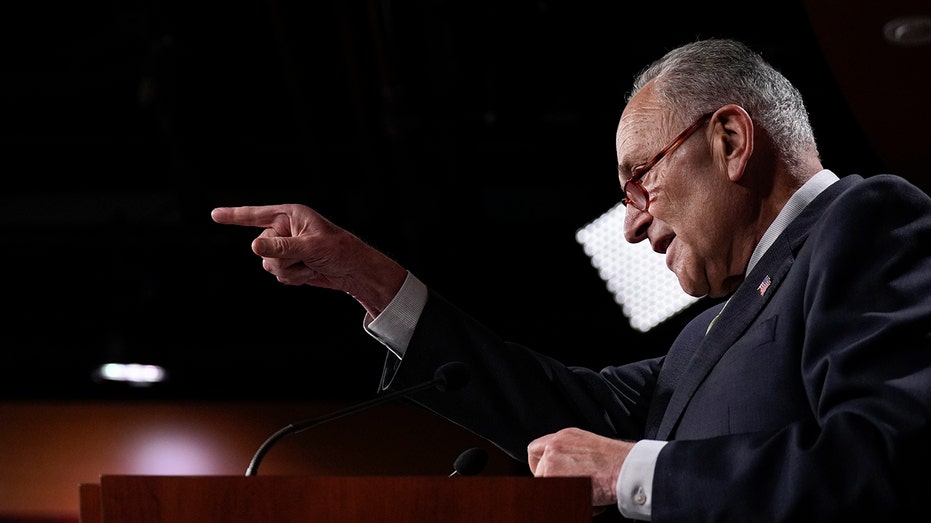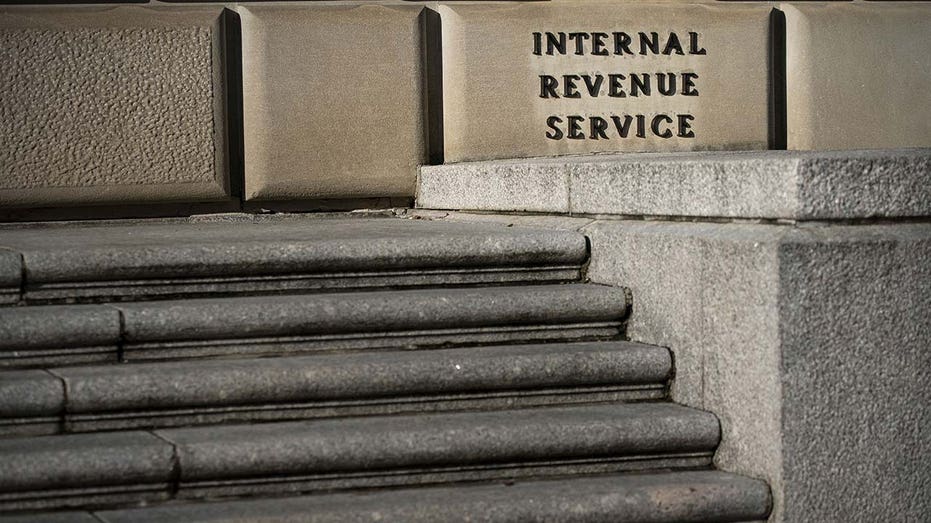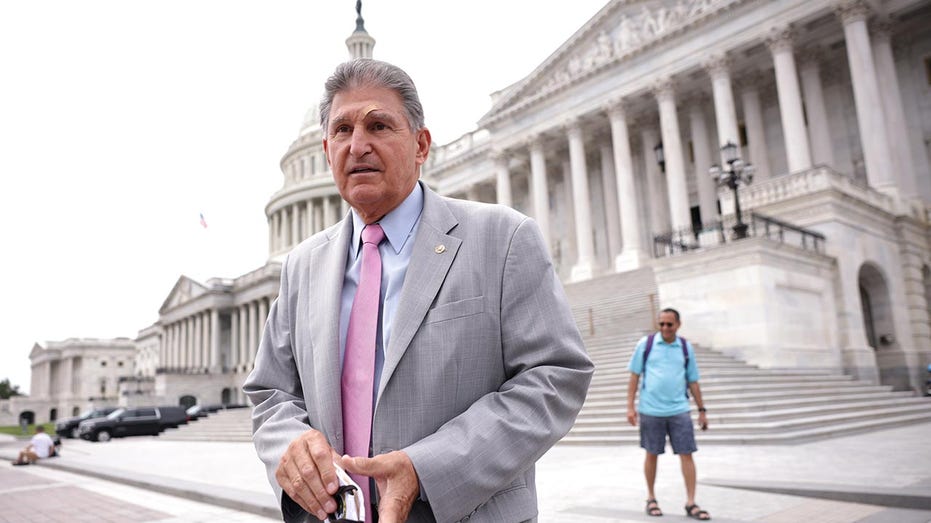Americans fear IRS will use Inflation Reduction Act funding to audit average and lower-income taxpayers
Americans worry $80 billion in funding from the Inflation Reduction Act will land them audits
Americans fear IRS will use Inflation Reduction Act cash to audit average and lower-income taxpayers
The Inflation Reduction Act provides $80 billion for the Internal Revenue Service to enhance its tax enforcement, but some Americans worried they'll get audited.
WASHINGTON, D.C. – Americans in the nation's capital told FOX Business they were worried that additional funding for the IRS through the Inflation Reduction Act could lead to more audits for typical taxpayers.
"Are we actually going after lower-income people or are we going after higher-income people?" one woman, Adrian told FOX Business. "My concern is that the lower-income people are losing out on this policy change."
Benjamin shared a similar concern: "Are they going after the rich and famous or are they going after the average person?"
The Senate on Sunday passed the Inflation Reduction Act, which includes an $80 billion boost to the IRS over a 10-year period, with more than half intended to help the agency crack down on tax evasion. The agency could afford an additional 87,000 employees – more than doubling its current size – with that amount, the Biden administration projected last year.

Senate Majority Leader Chuck Schumer speaks to reporters about his recent agreement with Sen. Joe Manchin on the Inflation Reduction Act of 2022. ((Photo by Drew Angerer/Getty Images) / Getty Images)
"The IRS needs to be smaller, not bigger," one man, Keith, told FOX Business. He said it was "ridiculous" to double the size of the IRS.
Senate Democrats projected that enhancing IRS funding could add an extra $124 billion in federal revenue over the next decade by hiring more tax enforcers who can crack down on rich individuals and corporations attempting to evade taxes. Roughly $1 trillion in federal taxes goes unpaid yearly because of errors, fraud and a lack of resources to adequately enforce collections, according IRS Commissioner Chuck Rettig estimated last year.
Mike, who has been audited before, believes the expansion would mean the IRS would "go after the small guy."
"I don't think they go after big companies," he said.
HOW DEMOCRATS' BEEFED-UP IRS COULD HURT LOW-INCOME AMERICANS

The Internal Revenue Service could hire as many as 87,000 new employees with funding from the Inflation Reduction Act. (Photographer: Al Drago/Bloomberg via Getty Images / Getty Images)
Households with less than $25,000 in earnings were five times as likely to be audited by the IRS than everyone else in fiscal 2021, according to an analysis by Syracuse University's Transactional Records Access Clearinghouse. The reason for that is a rise in what is known as "correspondence audits," meaning the IRS conducts reviews of tax returns via letters or phone calls rather than more complex face-to-face audits.
Keith worried that the IRS would "have to be going after more taxpayers like me."
The IRS wouldn't increase audits on households earning less than $400,000, Rettig told Congress last week.
Additionally, the nonpartisan Congressional Budget Office found last week that the Inflation Reduction Act would have a negligible impact on inflation.
Mike, of Texas, said: "There's too much bureaucracy already. Anything you use to raise taxes, it's going to increase inflation."
Adrian told FOX Business: "The government put a lot of money in the system with the stimulus checks, and now it's time to get some of that money out of the system."

Sen. Joe Manchin leaves the U.S. Capitol following a vote. (Photo by Kevin Dietsch/Getty Images / Getty Images)
CLICK HERE TO READ MORE ON FOX BUSINESS
Some felt the $80 billion could be put to better use.
"I guess in theory if they hire more people, then they will catch more people evading taxes," one man, Kofie, told FOX Business. "But definitely feel like the money could be allocated somewhere else, like infrastructure, education system, something like that."
Another man named, Tristan, similarly said: "$80 billion is a lot to fund any one thing. I feel like that could be better allocated."
Megan Henney contributed to this report





















